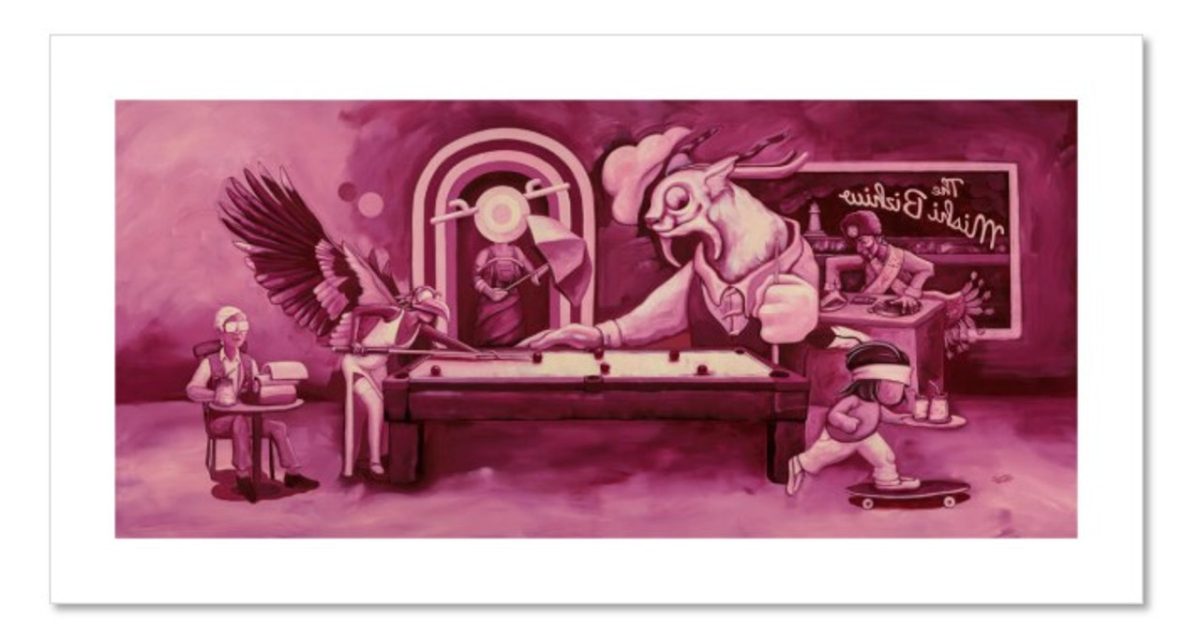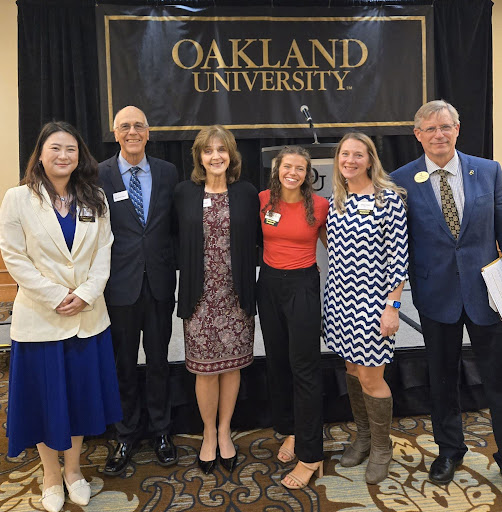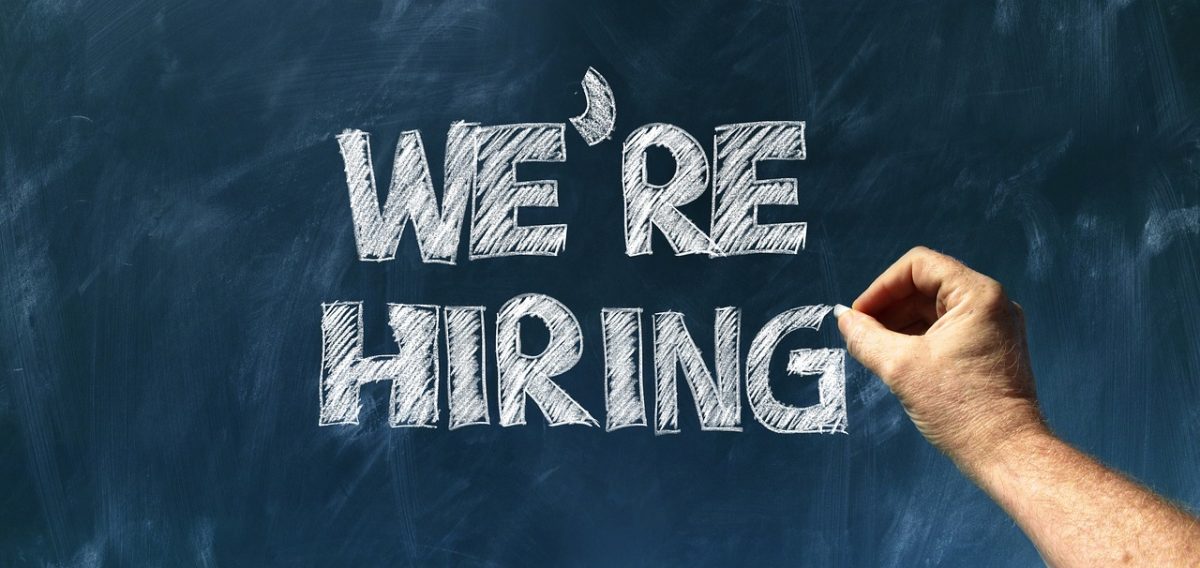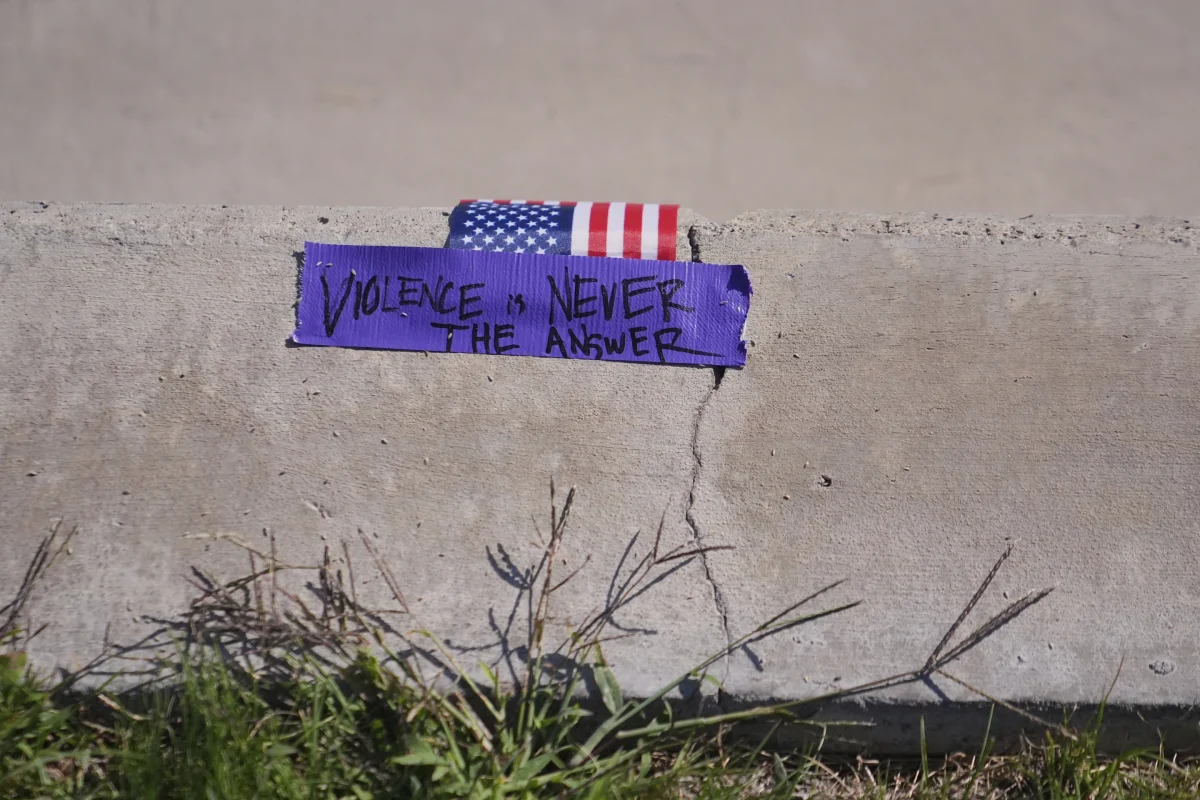“How do you follow contradicting dreams when you want to be an astronaut, a folk singer, a banker and a hippie?”
The good news is that you can be all of these. Although most people spend their life in one profession, you don’t have to. There’s no rule of life that you must stay on one career your entire life. It’s a comforting fact to know that you are forced into one field and one job your entire life.
One day at work, I called the IT help desk to send someone over to my desk to fix my computer. After talking with the IT guy, he revealed that he had majored in marketing at university. He had taken one introduction class of IT in college, and after working in the marketing field for a year, he decided it wasn’t for him.
All of this to say, you can try something out for a while and decide it is not for you. Isn’t that what life is about? Experimenting with different things and finding your passions?
Vera Wang designed her first dress at the age of 40. Van Gogh began painting at the age of 28. Give yourself time to experiment with professions and hobbies.
It also may be comforting to know that you can have hobbies outside of your 9 to 5. You may work as a banker during the weekdays, but on Saturday night, you have a gig at the local cafe to sing your folk songs. Your job isn’t your life, and you can make room for hobbies.
“How do you pass an interview when all the generic advice fails?”
For interviews, I always take some notes beforehand. Write down some skills or projects that you would like to highlight. Research the company and take notes of its accomplishments or recent news. Interviews are a lot easier when you’ve done your research and know why you’re a good fit for the company.
If you’re interviewing for a business, for example, write down some bullet points of projects you’ve worked on. For your senior capstone, you worked with a local bakery on cost analysis. Last summer, you helped your uncle with his lawn mowing business and adjusted his pricing. These are all things that you can bring up as examples, and most people forget when on the spot.
I’m also under the firm impression that getting a job is 70% having a good resume and interview, but also 30% having connections. Getting a referral from someone will do wonders. If you don’t know anyone at the company, do some snooping around on LinkedIn. Chances are you know someone who knows someone. OU professors also have useful connections with local businesses and companies. Visit office hours and see what they can recommend for you.
Also, don’t be afraid to send some emails around. I once got a job by cold emailing a company and sending my resume over. Talking to employers at career fairs and having the person put a face to the name on the resume will also skyrocket your chances.












